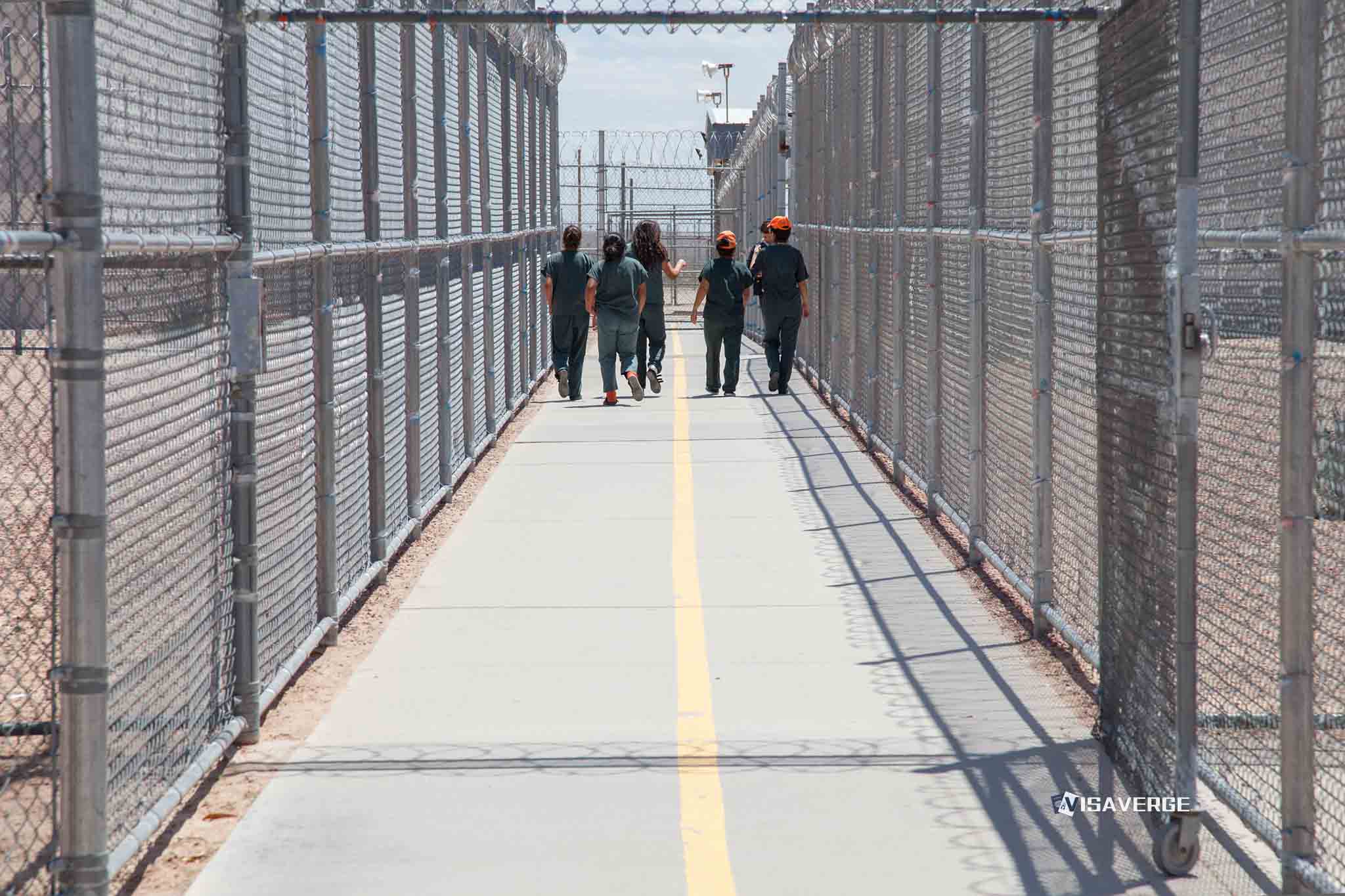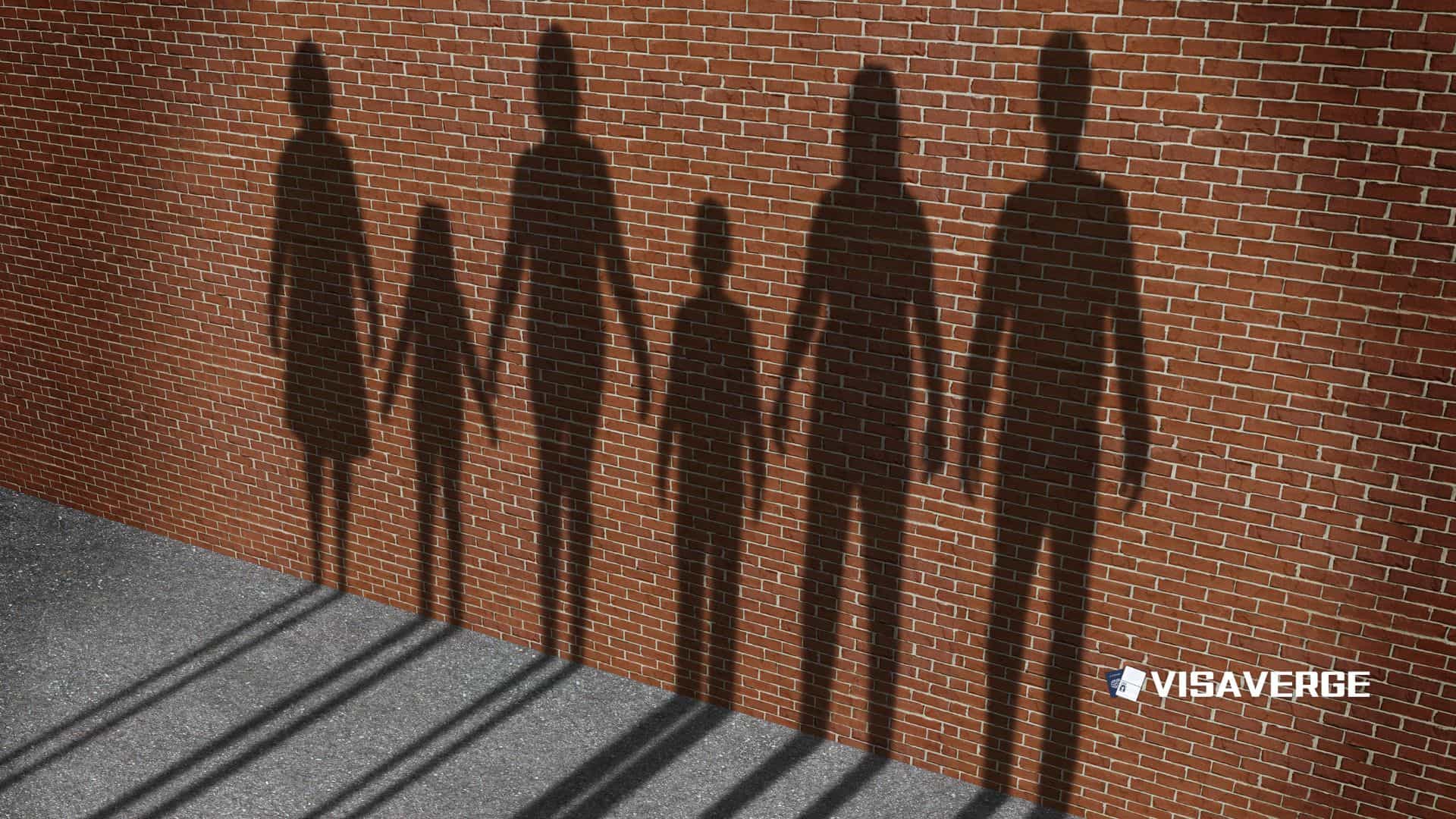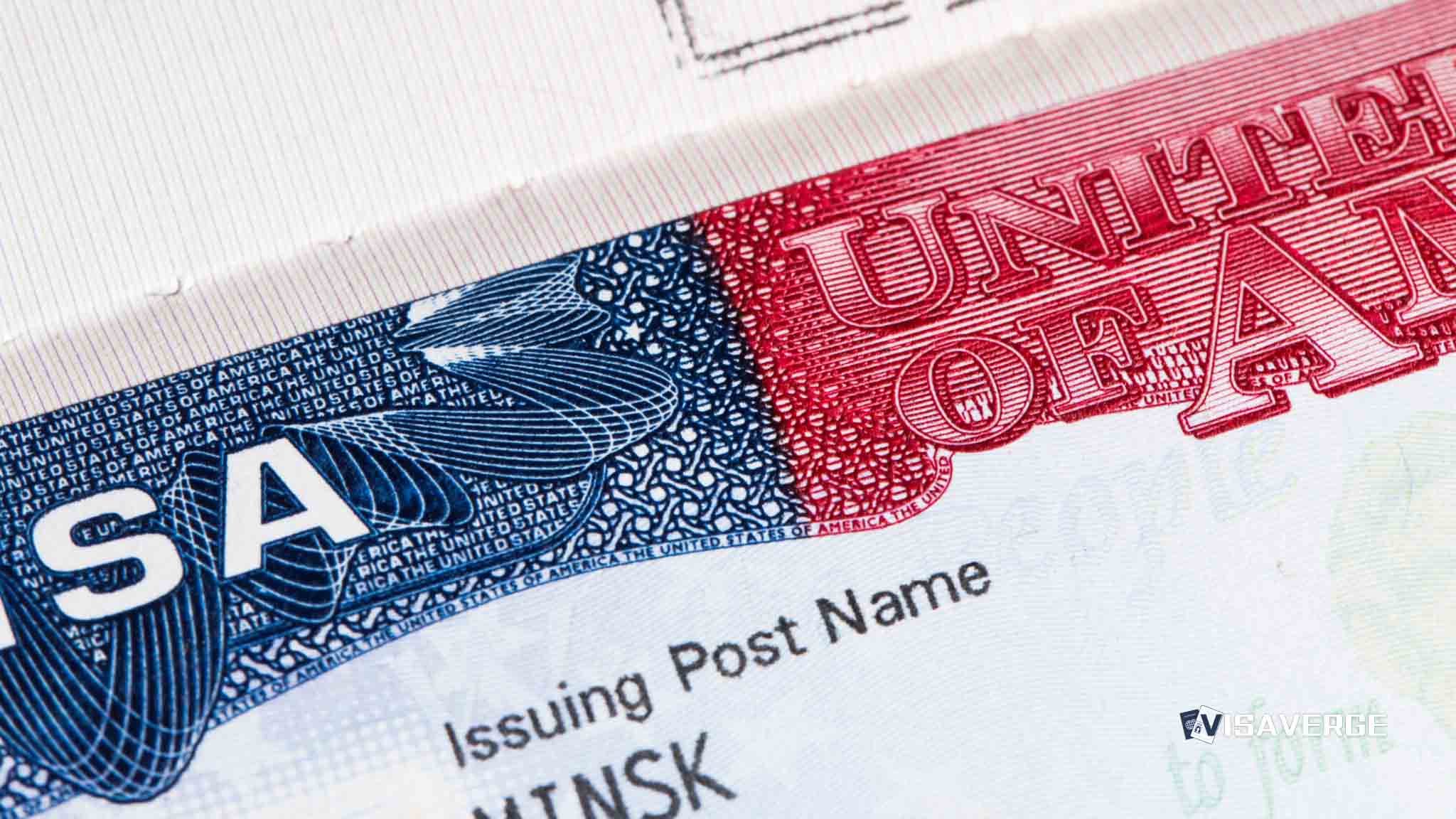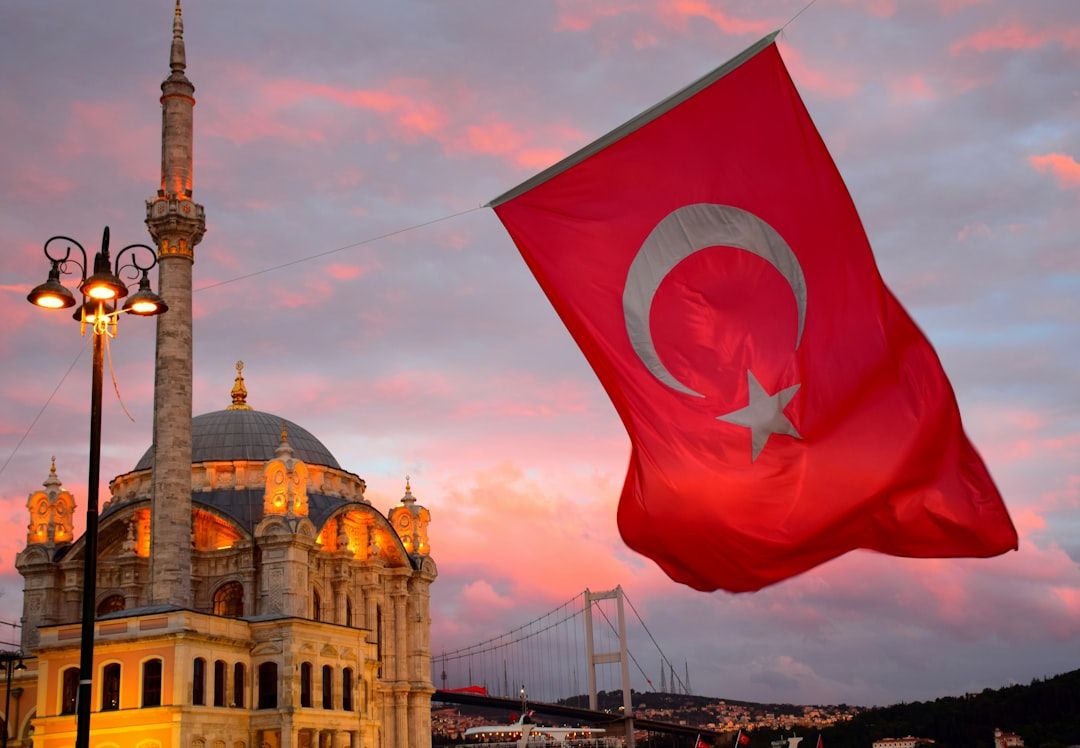The Seoul Administrative Court on August 28, 2025 ordered the Korean Consulate General in Los Angeles to cancel its refusal to issue a visa to Korean American singer Steve Yoo, calling the denial illegal and an abuse of discretion. The ruling marks Yoo’s third court win over the government’s visa denials since 2015 and opens a clearer path for his possible return to South Korea after a 23-year bar, though the original entry ban from 2002 still stands and could complicate his travel.
Court’s ruling and limits
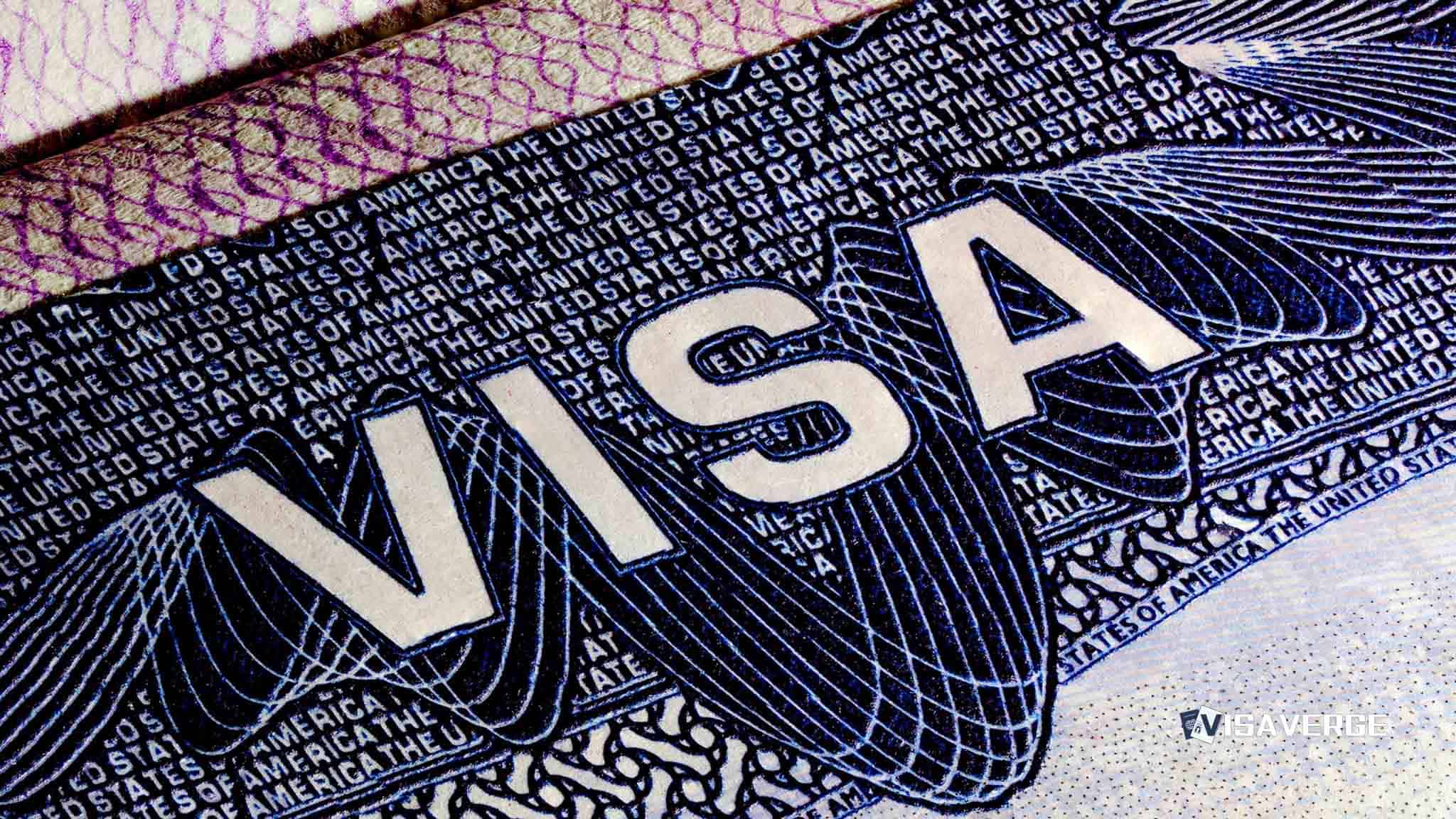
Presiding Judge Lee Jung Won found the consulate’s refusal to issue a visa a disproportionate use of discretion, noting that the personal harm to Yoo now outweighs the public interest in maintaining a blanket block based on events more than two decades old.
The court was careful to clarify limits to its decision:
- It did not endorse Yoo’s past conduct.
- Yoo lost Korean citizenship in 2002 after obtaining U.S. nationality, a move widely seen as avoiding South Korea’s mandatory military service.
- That decision led to an entry ban and sustained public backlash.
The court split the issues in its judgment:
- It ordered the Los Angeles mission to revoke the visa denial and reconsider Yoo’s visa request.
- It dismissed Yoo’s separate lawsuit seeking to nullify the Ministry of Justice’s 2002 entry ban, calling that ban an internal policy choice not subject to judicial review.
In practical terms, the consulate must reconsider his visa request, yet the entry ban remains on paper. The Ministry of Justice may appeal, and if it does, the legal fight could continue for months.
For official information on visa policy and entry control, readers can consult the Korea Immigration Service’s portal for guidance on visas, sojourn, and immigration procedures: https://www.hikorea.go.kr.
Long legal path to a fresh reconsideration
Steve Yoo (also known as Yoo Seung-jun) was one of South Korea’s biggest pop stars in the early 2000s. His citizenship change in 2002, widely perceived as timed to avoid military duty, led to a swift loss of Korean nationality and a ban on entry.
Since then he has repeatedly sought to restore his ability to visit by applying for visas at the Korean Consulate General in Los Angeles, where he resides. Key points in the legal timeline:
- 2015: Yoo began applying again and filed his first lawsuit after denials.
- After a retrial, he won that first case.
- 2020: Yoo launched a second legal challenge.
- November 2023: The Supreme Court issued a favorable ruling highlighting problems in how visa refusals were handled.
- June 2024: The consulate denied another visa.
- September 2024: Yoo filed his third lawsuit.
- August 28, 2025: The Seoul Administrative Court ordered the mission to cancel that most recent refusal and reconsider.
Across these cases, courts have focused on fairness and proportionality in consular decision-making—finding procedural and discretionary faults—but consistently stopped short of removing the original entry ban. That pattern moves Yoo closer to a visa outcome while leaving admission at the border uncertain until administrative pieces align.
Policy specialists say this ruling reflects a careful balancing act: South Korea’s military service system is a core state function and evading service is a highly sensitive issue, but long-term blanket penalties can impose unnecessary harm when they are not matched to current risks or public needs.
What comes next for travel and policy
If the ruling stands, the Los Angeles consulate must cancel its prior refusal and perform a fresh review that follows the court’s guidance. Practically, this increases Yoo’s chances of receiving a visa—but several important caveats remain:
- The 2002 entry ban remains in force and could still prevent admission even if a visa is granted.
- The Ministry of Justice can appeal, which may delay final resolution.
- Either the Ministry would need to lift or adjust the ban, or further legal/administrative steps would be required for a visa holder to be admitted on arrival.
This case could influence others who renounced Korean citizenship and later sought to return for family or work. It will not change military law, but it may push consular officers to weigh individual circumstances more carefully and avoid blanket denials when years and changed circumstances reduce current risk.
For families, the ruling offers a glimmer of relief—Yoo has said he hopes to visit legally after more than two decades away. For critics, the decision does not erase past actions or the state’s message on military duty. Public opinion remains divided, and lawmakers are likely to monitor how the executive branch responds.
Practical notes for readers tracking this case
- The ruling orders the consulate to revoke the refusal; it does not automatically grant a visa.
- The Ministry of Justice can appeal, potentially delaying outcomes.
- Even with a visa, the standing entry ban could block admission unless addressed.
- Official updates will most likely appear through court announcements, Ministry of Justice notices, or consular statements.
According to analysis by VisaVerge.com, the decision increases Yoo’s odds of travel approval while keeping pressure on the government to clarify how old bans should apply to modern visa reviews. The outlet also notes that prior Supreme Court guidance in 2020 and 2023 flagged procedural flaws that likely influenced the current court’s view on discretion and fairness.
Broader legal and policy implications
The stakes extend beyond one celebrity. Key legal context:
- South Korea’s Overseas Korean Act grants certain residence rights to some former citizens, but it does not erase entry bars linked to military issues.
- Disputes often hinge on how agencies exercise discretion; the court emphasized that discretion cannot be a blanket shield and must be applied in a reasoned, proportional way with attention to current facts and the individual’s situation.
Officials now face two broad choices:
- Appeal and defend the broader policy at an appellate level.
- Accept the judgment and revise the consulate’s approach to similar visa cases.
Either path will invite public scrutiny and demand a clearer statement on how the government plans to handle long-standing entry bans in future visa reviews.
For now, the core takeaway is straightforward: the Seoul Administrative Court has ruled the most recent visa refusal unlawful; the consulate must take another look; and a narrow, legal route toward Yoo’s return has opened—though it is not yet fully clear whether he can enter.
Frequently Asked Questions
This Article in a Nutshell
On August 28, 2025, the Seoul Administrative Court found the Los Angeles Korean Consulate’s refusal to issue a visa to Steve Yoo unlawful, ordering the consulate to revoke the denial and re-evaluate his application. Presiding Judge Lee Jung Won deemed the consular decision a disproportionate abuse of discretion, emphasizing that Yoo’s current personal harm outweighs public interest rooted in events from 2002. The court explicitly did not exonerate Yoo’s past renunciation of Korean citizenship to obtain U.S. nationality, which led to a standing 2002 entry ban. The ruling splits remedies: it mandates consular reconsideration but dismissed Yoo’s separate attempt to nullify the entry ban as nonjusticiable. The Ministry of Justice may appeal, and the entry ban could still prevent Yoo’s admission even if a visa is granted. The decision underscores proportionality in visa decisions and could influence similar cases while leaving final travel outcomes subject to administrative and appellate actions.


